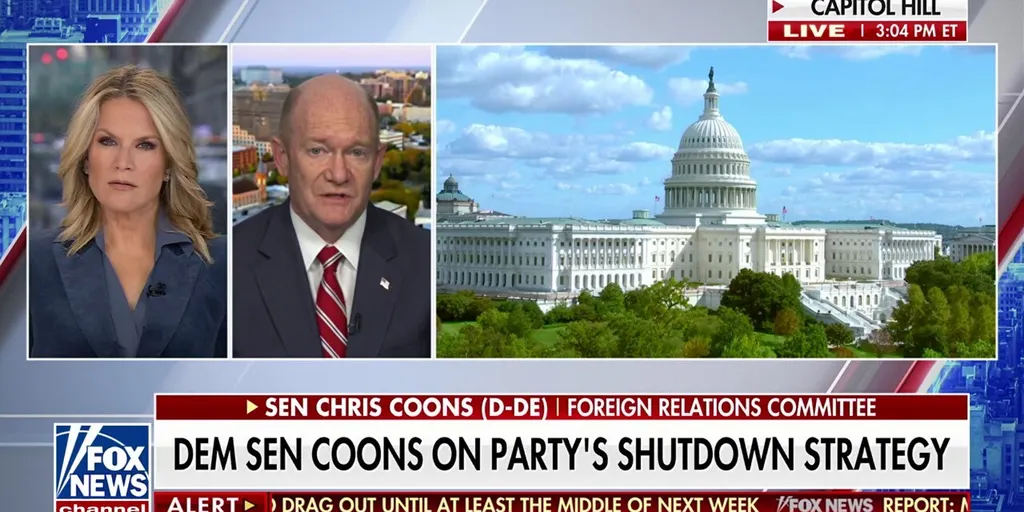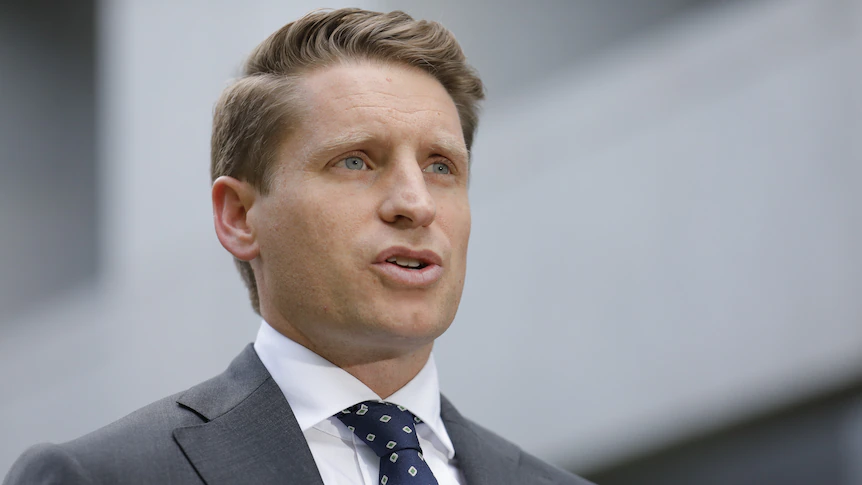
Silicon Valley has long been known as a hub for technological innovation, a breeding ground for the rise of tech’s biggest billionaires. Recent years have seen these tycoons entering into the world of politics. Notable among them is Elon Musk, who exerted a lot of power as the face of the Department of Government Efficiency, or DOGE, early in President Donald Trump’s second term. In advance of the release of his new book, Gilded Rage: Elon Musk and the Radicalization of Silicon Valley, New York Times bestselling author Jacob Silverman spoke with Newsweek about the move of tech billionaires to the right, Trump and Musk’s falling out, whether Musk will divorce himself from politics and more. The author’s third book, Gilded Rage publishes on October 7. This conversation has been edited and condensed for publication.
Q _Why do you think America’s billionaire tech leaders align themselves so closely with President Trump? Do you think it’s a genuine rightward shift, or is it just strategic?
A _ It depends among these various Silicon Valley billionaires. I think there is some natural affinity, though. They share some similar ideas about democracy and authoritarianism and kind of who should be in charge, which is just sort of the richest person or smartest person in the room, in their opinion—which is usually them. They also share some cultural grievances—about social justice issues, about the #MeToo movement, about trans rights…there is some alignment there, I think, between some of the Silicon Valley elites and the Republican Party and Trump in particular. There is certainly a strategic element as well in that some people among the tech right saw that Trump had another path to power, and that he was certainly a much more friendly and potentially lucrative partner for them than the Democratic Party that is more divided in some ways on issues that affect the tech industry.
And finally, some of these prominent tech figures, like, say, Peter Thiel or David Sacks, have a history of conservative politics, so I think that there is a mix of all three.
Some probably would have been more aligned with liberal politics initially, before Trump. For them, is it different?
I think there are a number of people kind of in the executive and VC class in Silicon Valley whose politics did change. Some of them have talked about how they feel like they’ve changed or the world around them changed. One thing I point out is that some of these folks, like Musk himself, claimed to be moderate and that it’s the world around them that has gone a little crazy, they think.
As Musk moved right, he became one of Trump’s closest advisers with stunning speed. Did their sudden falling out surprise you?
The falling out didn’t surprise me. There was no way, I think—especially with two people who very much want to be in control and are kind of almost rivals now for being the most powerful man in the world—I didn’t necessarily think it could stick together past the first year.
Tesla’s board just recommended that shareholders approve a trillion-dollar pay package to incentivize Musk to focus on Tesla. Can a pay package, no matter how big, pull Musk away from politics?
I don’t see him being full-time in politics, but every time he says something on social media, there tends to be a political valence. Especially when he’s talking about, say, immigration or race or other issues like that, I don’t think he can really help himself. And when you are that wealthy and do manage five-plus companies and have huge factories and relationships all over the world, sort of everything he does is kind of political.
Trump hosted a group of tech leaders at the newly renovated Rose Garden and reportedly Musk didn’t make the guest list. What message do you think Trump is trying to send?
There’s always been jockeying for attention and, of course, for contracts and money among all these various tech executives. Part of [Musk’s] falling out with Trump started arguably during when Trump announced the Stargate project, which is a big data center project involving Oracle. And Open AI, which is a Musk rival. Musk is someone who doesn’t like not being picked. But this stuff is taken personally, and there is also a financial backend here. You know, people who are being invited to the Trump White House are announcing huge investments or potential deals with government agencies. Trump is showing that he doesn’t necessarily need Musk. It shows that Trump is in the driver’s seat here and that everyone else in tech is willing to come and kind of kiss the ring and promise to do things for the administration.
You worked briefly for Vivek Ramaswamy at Roivant. He’s now running for Ohio governor. What stood out to you about his leadership style and personality?
I think he’s more than just kind of one of these novelty presidential candidates. I think he’s someone who’s gonna be around for a long time. To me, he’s kind of like a right-wing Pete Buttigieg. I also think he’s sort of worth watching or interesting in a way because he’s kind of an example of the American ruling class reproducing itself in a new generation.
What do you want readers to take away from your book?
I wanted to explain what was going on in this industry where we do identify socially liberal attitudes, with, you know, people going to Burning Man and doing drugs and partying and kind of letting loose—or a similar kind of libertarian freedom-minded sentiment—whereas in practice something much different and at times much darker seems to be going on in tech. [Over] these last 10 years, now you have these guys who actually really don’t believe in democracy or a lot of the values that seem to underpin our country, I think, and our form of governance and feel entitled to be in charge in a way that has really snuck up on us.
Do you think it’s really different that more conservative-leaning people are leading this charge?



